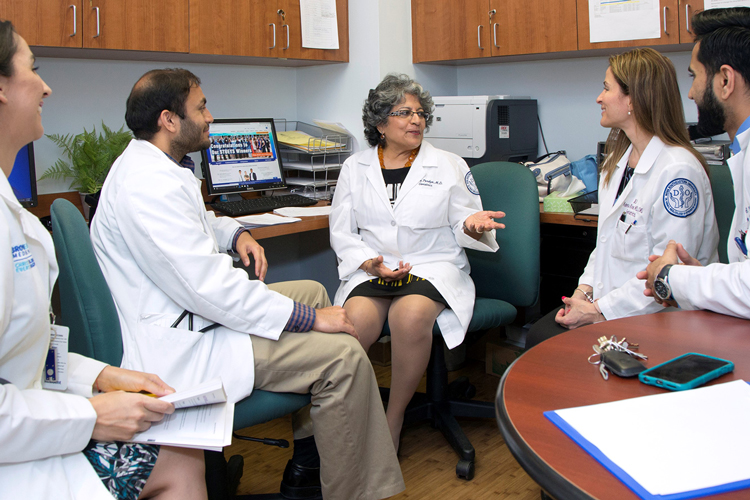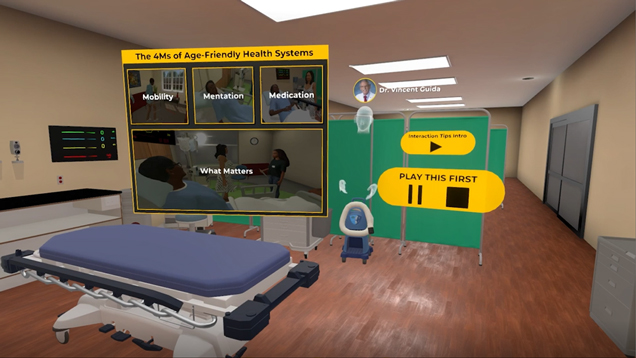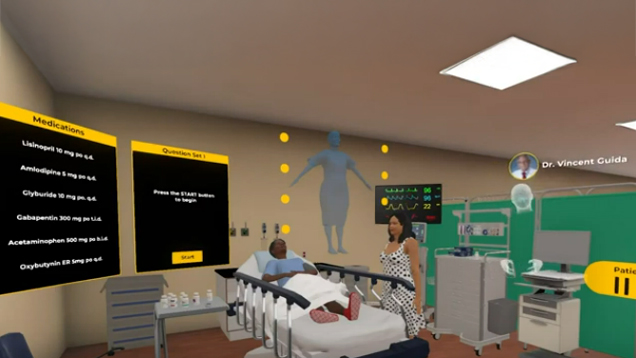The US Census Bureau predicts a dramatic increase in the older adult population, reaching an estimated 83.7 million by 2050. This demographic shift necessitates a fundamental transformation of our healthcare system to ensure high-quality, person-centered care for all older adults.
Age-Friendly Health Systems is an initiative of The John A. Hartford Foundation and the Institute for Healthcare Improvement (IHI), in partnership with the American Hospital Association (AHA) and the Catholic Health Association of the United States (CHA), designed to meet this challenge head on.
Age-Friendly Health Systems aim to:
- follow an essential set of evidence-based practices,
- cause no harm, and
- align with What Matters to the older adult and their family caregivers.
The 4Ms of Age-Friendly Health Systems: A Framework for High-Quality Care
Download 4Ms Framework Graphic
Resources
- GWEP 4Ms Manual (PDF)
- UHP Age-Friendly Series
- Age-Friendly Poster (PDF)
- Institute for Healthcare Improvement (IHI)
- Navigating Aging Needs for Care Givers (NANforCareGivers.com)
- My 4Ms Form for Patients (PDF)
Click on the image below to go to our virtual reality introduction video.
Click on the image below to go to our virtual reality scenario.
Contact us to schedule your Virtual Reality case simulation at sfgwep@nova.edu.
This project is supported by the Health Resources and Services Administration (HRSA) of the U.S. Department of Health and Human Services (HHS) as part of an award totaling $3.5M with 25% financed with nongovernmental sources. The contents of this website are those of the author and do not necessarily represent the official views of, nor an endorsement, by HRSA, HHS, or the U.S. Government.



